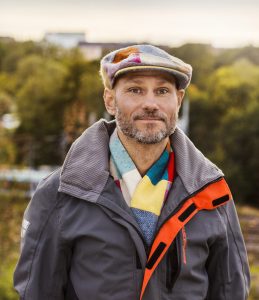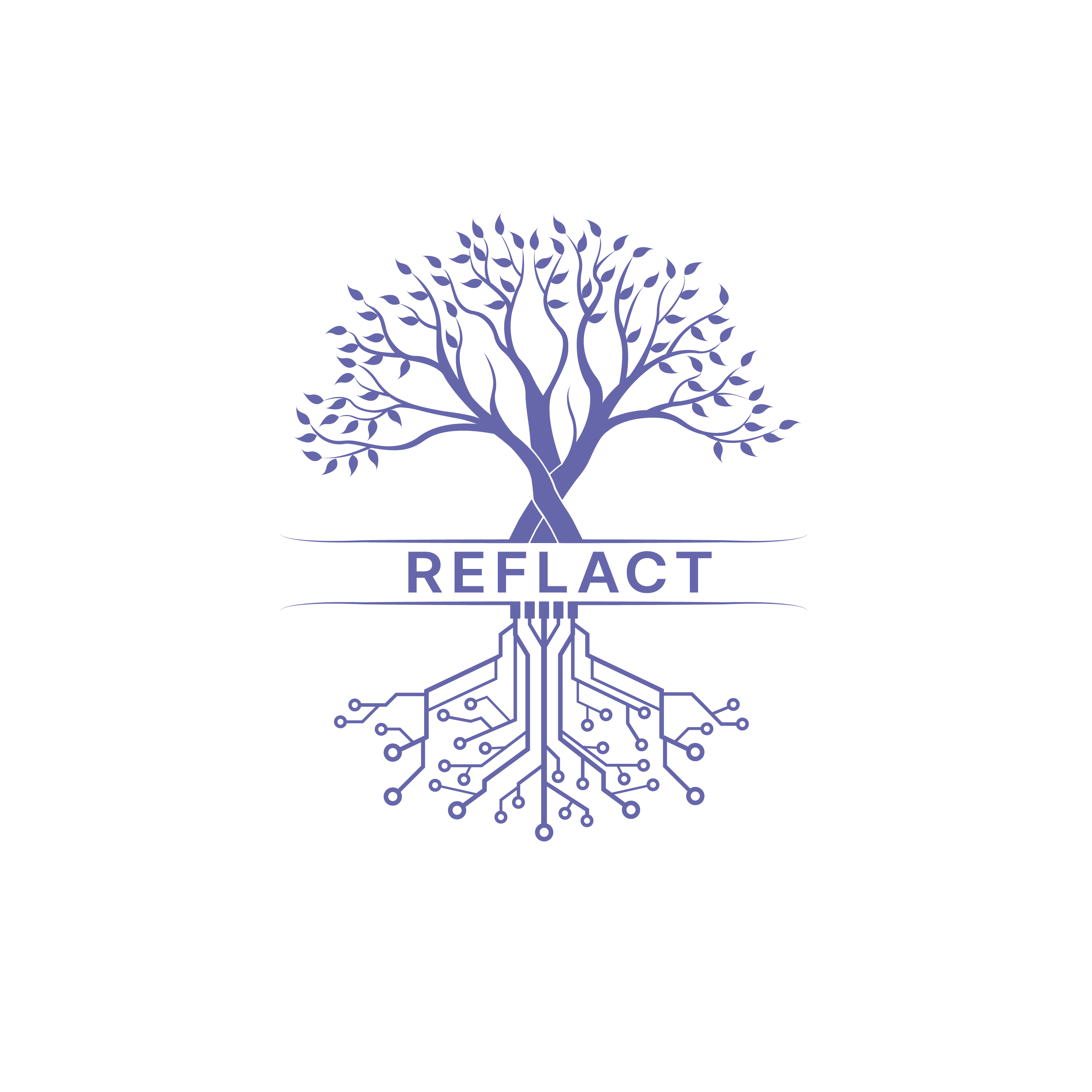A Talk by Sampsa Hyysalo (May 3rd)
We invite you to join us for a talk by Sampsa Hyysalo who is visiting from Aalto University, Finland. The talk will take place on May 3rd, Time: 14:30, at the IT University of Copenhagen, in room 4A56.
Sampsa Hyysalo is Professor of Co-Design at the Aalto University School of Art, Design and Architecture in Helsinki, Finland. His research focuses on designer-user relations in sociotechnical change. This includes engagement in participatory design, codesign, open and user innovation, open design, peer knowledge creation, user communities, citizen science and user knowledge in organizations, longitudinal ethnography, social shaping of technology and sustainability transformations.

Getting participatory design done… and making it impactful
Sampsa Hyysalo, Aalto University
Collaborative arrangements between users and designers today are enacted in a broadening array of circumstances. Selecting from next to twenty participatory projects we have carried out in the last decade, the talk introduces three complementary cases; participation portfolios for large public building projects, mid-range transition steering processes with diverse actor groups and design-in-use based extended participation in company and community initiatives. Their in-depth analyses reveal that besides skills in selecting and implementing participatory methods, there is a larger repertoire of issues that need attention, if one takes the promises and limits of participatory design seriously. Particularly salient is the interplay of four interrelated domains: the strategic considerations that drive all those implicated, the mundane acts involved in co-design work, the choice and deployment of methods that is conditioned by strategic and mundane issues, and the producing of design outcomes permeated, in turn, by all the above. These domains co-constitute each other in such a way that one domain cannot easily be considered apart from the others. Participatory design understood in this light is not foremost about facilitation skills, adequate methods, underlying philosophy or engagement of designers per se, but rather about skills to translate among strategic, mundane, method and design domains, and being aware of how they qualify and permeate each other. This expanded focus on participatory design also points to types of work necessary to achieve these translations: framing work, relevance work, selection work, constituency building work, intermediate design work, collaboration work, outcome and continuance work. These work types reach well beyond what is commonly thought of as being part of ‘design’ and point challenges that designers tend to face in participatory projects as well as the power (even a necessity?) that large multidisciplinary teams hold for large participatory design endeavors.
Date: May 3rd
Time: 14:30
Room: 4A56


